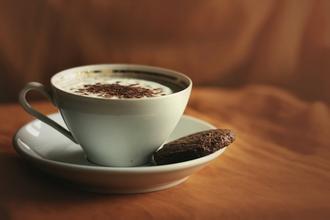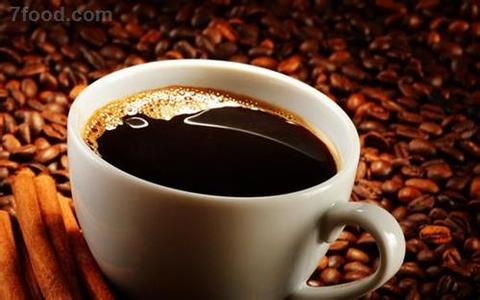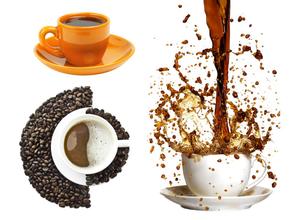A brief introduction to the producing area of Grinding scale varieties of Brazilian Yellow bourbon Coffee
A brief introduction to the producing area of Grinding scale varieties of Brazilian Yellow bourbon Coffee
In the face of this "yellow" wind, I also joined in the fun, so I got some raw beans from the Guangzhou coffee salon to try something fresh. On the last night of the National Day holiday, the long-awaited "yellow" wind finally arrived in Beijing into early autumn, and sooner or later it has been able to feel the coolness. At the same time, a "yellow" wind from Brazil is also blowing quietly. Recently, yellow bourbon coffee from Brazil has been sold in several places.
Bourbon is actually a variety of coffee, a kind of Arabica coffee beans. The word "bourbon" comes from the local name, which is an overseas province of France, an island in the Indian Ocean, hence the name bourbon coffee. Today, the name of the island is no longer "bourbon". It has been renamed Niliuwang Island, while the name of coffee is still in use today.
Brazil Syrador Yellow Bourbon (Brazil Cerrado Yellow Bourbon): the three major boutique coffee producing areas in Brazil are Syrador, South Minas and Mojiana in the central and western part of Minas province. Brazil's Yellow Bourbon is located in the Hirado region of Brazil.
However, not all coffee produced in the prairie of Syracuse can bear the name of Syrador. It is only on the plateau of 1100 to 1300 meters above sea level in the central and western part of Minas province, where the elevation is high and the soil is fertile. High-quality coffee with sweet, mellow thickness and no fishy smell.
Origin: Datra Manor, Brazil
Elevation: 1100m
Refined: semi-washed + insolated
Drying: natural sun drying and mechanical drying
Specification: Screen 16 up
Aroma: Mild supple, in most Daterra items, belongs to the highest grade of beans.

Important Notice :
前街咖啡 FrontStreet Coffee has moved to new addredd:
FrontStreet Coffee Address: 315,Donghua East Road,GuangZhou
Tel:020 38364473
- Prev

Description of the flavor of Salvadoran coffee bean by hand method A brief introduction to the grinding scale of manor varieties produced in different areas
El Salvador coffee bean hand-made flavor description manor variety production area treatment grinding scale introduction El Salvador coffee accounts for 40% of the country's exports, the picking period is usually in November, December and January-March of the following year. The export of raw beans lasts almost all year round. Coffee is produced in 7 of the country's 14 provinces, including Charatnango (chalatenango) and Santa Ana in the northwest.
- Next

Flavor description of Yega Fischer coffee beans in Ethiopia by taste treatment
Ethiopian Yega Ficochel coffee beans taste treatment flavor description apparatus: hario V6001 transparent resin filter cup powder quantity: 16g water: 260g powder / water ratio: about 1:16 coffee liquid quantity: 207g brewing water temperature: 92 ℃ brewing time: 3m grind: medium rough grinding (EKK scale about 8.5N scale, Pegasus 610N scale about 5.5N) Coffee liquid concentration: 1.4:
Related
- Detailed explanation of Jadeite planting Land in Panamanian Jadeite Manor introduction to the grading system of Jadeite competitive bidding, Red bid, Green bid and Rose Summer
- Story of Coffee planting in Brenka region of Costa Rica Stonehenge Manor anaerobic heavy honey treatment of flavor mouth
- What's on the barrel of Blue Mountain Coffee beans?
- Can American coffee also pull flowers? How to use hot American style to pull out a good-looking pattern?
- Can you make a cold extract with coffee beans? What is the right proportion for cold-extracted coffee formula?
- Indonesian PWN Gold Mandrine Coffee Origin Features Flavor How to Chong? Mandolin coffee is American.
- A brief introduction to the flavor characteristics of Brazilian yellow bourbon coffee beans
- What is the effect of different water quality on the flavor of cold-extracted coffee? What kind of water is best for brewing coffee?
- Why do you think of Rose Summer whenever you mention Panamanian coffee?
- Introduction to the characteristics of authentic blue mountain coffee bean producing areas? What is the CIB Coffee Authority in Jamaica?

